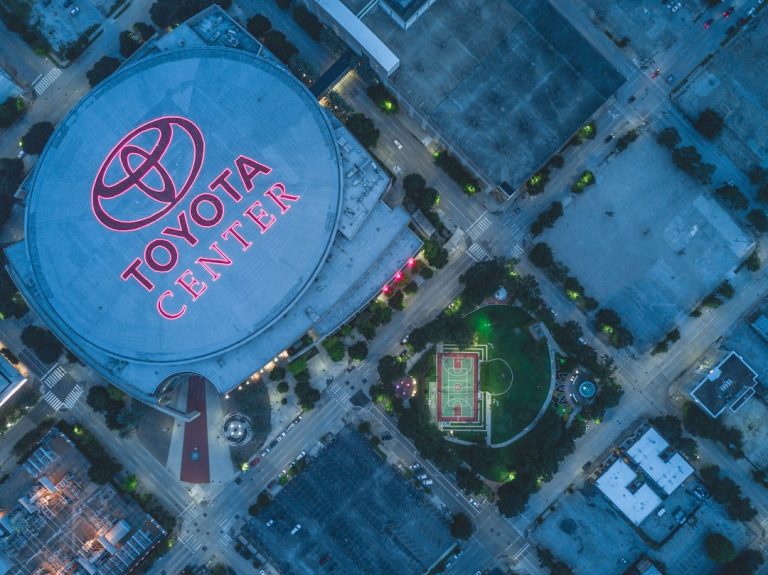Houston's strict regulations on automated telephone calls (robocalls) aim to protect residents from unwanted intrusions. Organizations using robocall services must comply with these rules, especially regarding consent for political or telemarketing activities. Robocall lawyers in Houston provide expert guidance. Nonprofit organizations collaborate with legal experts to combat robocalls, leveraging data-driven strategies and community engagement to strengthen legal cases and raise awareness. These partnerships empower individuals and drive industry-wide changes, positioning Houston as a leader in partnership-driven robocall solutions for robocall lawyers throughout the city.
“Houston residents face challenges from unwanted robocalls, but a powerful ally lies within the city’s vibrant nonprofit community. This article explores how to leverage Houston’s nonprofits for effective robocall advocacy. We’ll delve into the legal framework surrounding robocalls in Texas, highlighting the significant role nonprofits play in consumer protection.
By understanding their strategies and partnerships, you can effectively collaborate with robocall lawyer outreach programs in Houston. Discover how these collaborations drive monitoring and prevention efforts, ultimately safeguarding residents from intrusive calls.”
Understanding Robocall Laws and Regulations in Houston

In Houston, like many places, there are strict rules governing automated telephone calls, also known as robocalls. These laws aim to protect residents from unwanted and intrusive communications. It’s crucial for advocates and organizations using robocall services to understand and comply with these regulations. One key aspect is obtaining proper consent from call recipients, especially when engaging in political or telemarketing activities. Houston’s robocall lawyers can provide expert guidance on navigating these legal requirements, ensuring your advocacy efforts stay within the boundaries of the law.
Additionally, there are restrictions on certain types of robocalls, such as those promoting political candidates or soliciting donations for charitable causes. Nonprofits and advocacy groups must be mindful of these rules to avoid legal repercussions. By partnering with Houston-based robocall lawyers, organizations can stay informed about any updates in regulations and adapt their strategies accordingly, ensuring their messages reach the intended audience without violating any laws.
The Role of Nonprofits in Consumer Advocacy

Houston’s nonprofit organizations play a significant role in consumer advocacy, often serving as a powerful voice for individuals who may not have access to legal resources or the time to fight against unfair practices. These groups are at the forefront of addressing various social and economic issues, including those related to robocalls, which have become a prevalent nuisance for many residents. Nonprofits in Houston offer legal aid and representation to consumers facing excessive or fraudulent robocall campaigns, ensuring their rights are protected under relevant laws.
By collaborating with robocall lawyers Houston, these organizations can effectively challenge companies that violate consumer privacy and protection regulations. Their advocacy efforts not only help individuals regain control of their communication channels but also contribute to shaping better practices in the telemarketing industry. This collaborative approach empowers consumers and fosters a more transparent and accountable business environment.
Strategies for Effective Robocall Lawyer Outreach in Houston's Nonprofit Sector

Houston’s nonprofit sector is brimming with opportunities for strategic collaborations, especially in the realm of robocall advocacy. To effectively engage robocall lawyers Houston, nonprofits can employ several targeted strategies. First, identifying and partnering with legal aid organizations or public interest law firms specializing in consumer protection or telecommunications regulations can amplify your message. These groups often have established networks and expertise in handling robocall-related disputes.
Additionally, leveraging data-driven approaches is key. Nonprofits should compile comprehensive datasets on robocall incidents within their communities, detailing the types of calls, frequency, and impact on residents. This information can be shared with legal professionals to strengthen cases against violators and demonstrate the urgency of the issue to robocall lawyers Houston.
Building Partnerships: Collaborating with Nonprofits for Robust Robocall Monitoring and Prevention

Houston’s vibrant nonprofit sector offers a powerful resource in the fight against robocalls, providing an opportunity for unique and effective collaboration. By building partnerships with these organizations, robocall lawyers can enhance their monitoring and prevention strategies. Nonprofits dedicated to consumer protection, privacy advocacy, or digital rights are particularly well-positioned to assist. They possess expertise in tracking and analyzing robocall trends, as well as networks to quickly disseminate information.
These partnerships enable robust robocall surveillance through shared data and resources. Nonprofits can help identify emerging patterns and sources of unwanted calls, providing lawyers with valuable insights for targeted legal actions. Moreover, nonprofits’ community engagement efforts can raise awareness about robocall issues, empowering residents to take proactive measures and report suspicious activity. Together, these collaborations strengthen the city’s defense against intrusive robocalls, making Houston a model for effective partnership-driven solutions.






